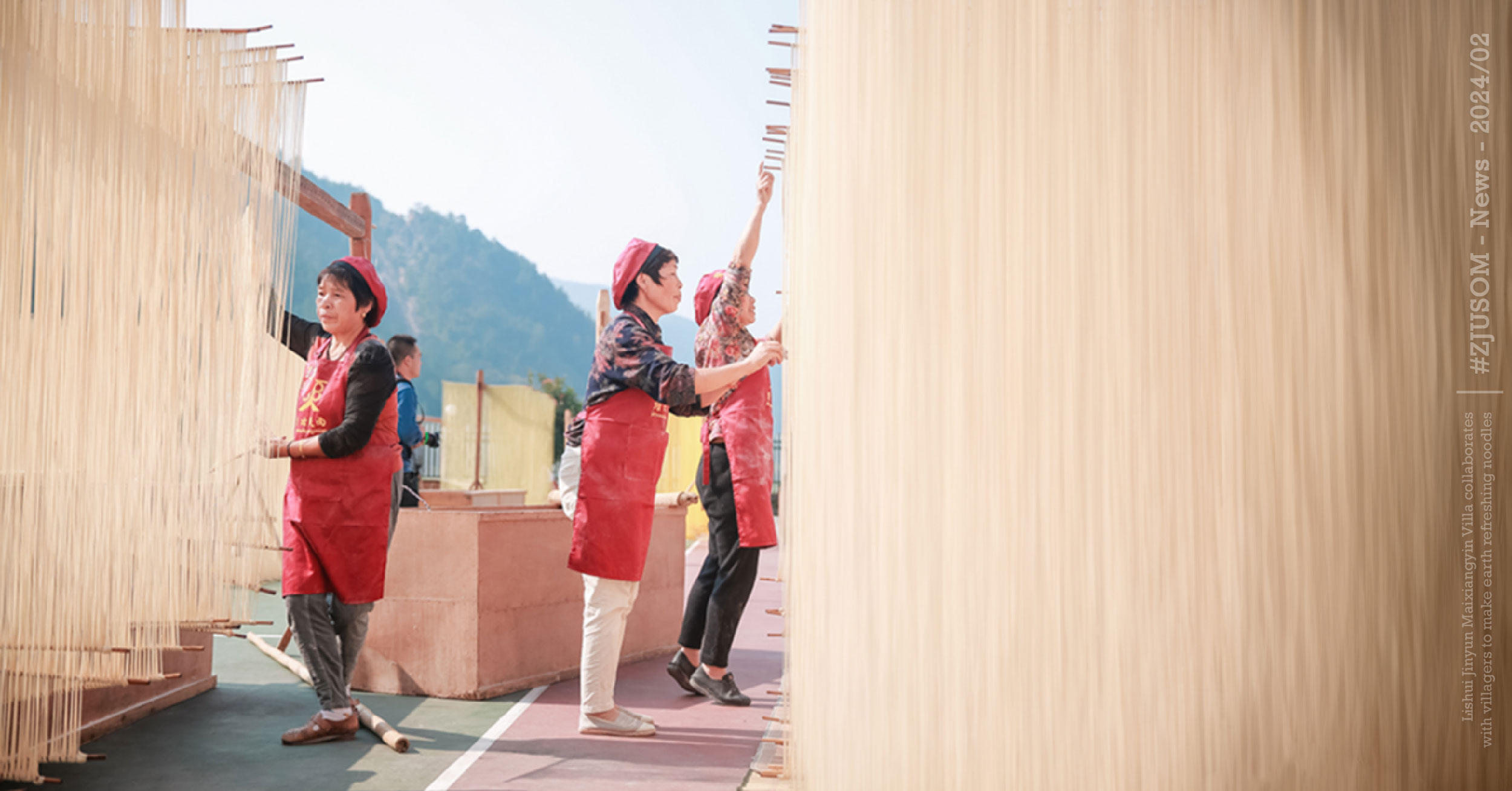
When thinking about "social responsibility" in tourism, many people have the stereotype that only large companies consider it because small companies are limited by their skills and resources and are more concerned about their survival.
However, when Prof. WU Maoying’s team from the Department of Tourism and Hospitality Management, School of Management, Zhejiang University, conducted field research in the rural areas of Zhejiang, they found that more and more rural B&Bs (Bed and Breakfast), while driving their own development, continue to adopt innovative practices and dare to take social responsibility seriously, and thus have become an important starting point for promoting the construction of beautiful scenery in various places.
Recently, the relevant research results on "The Community Social Responsibility of Rural Small Tourism Enterprises" by faculty members and students from the School of Management of Zhejiang University, including WU Maoying, Ma Shihan, Wang Yi, WU Xinfang and Li Qiucheng from Zhejiang Gongshang University, were in the Journal of Travel Research, the study, which summarizes the "Zhejiang experience" and tells the "China story", has attracted the attention of domestic and foreign scholars.
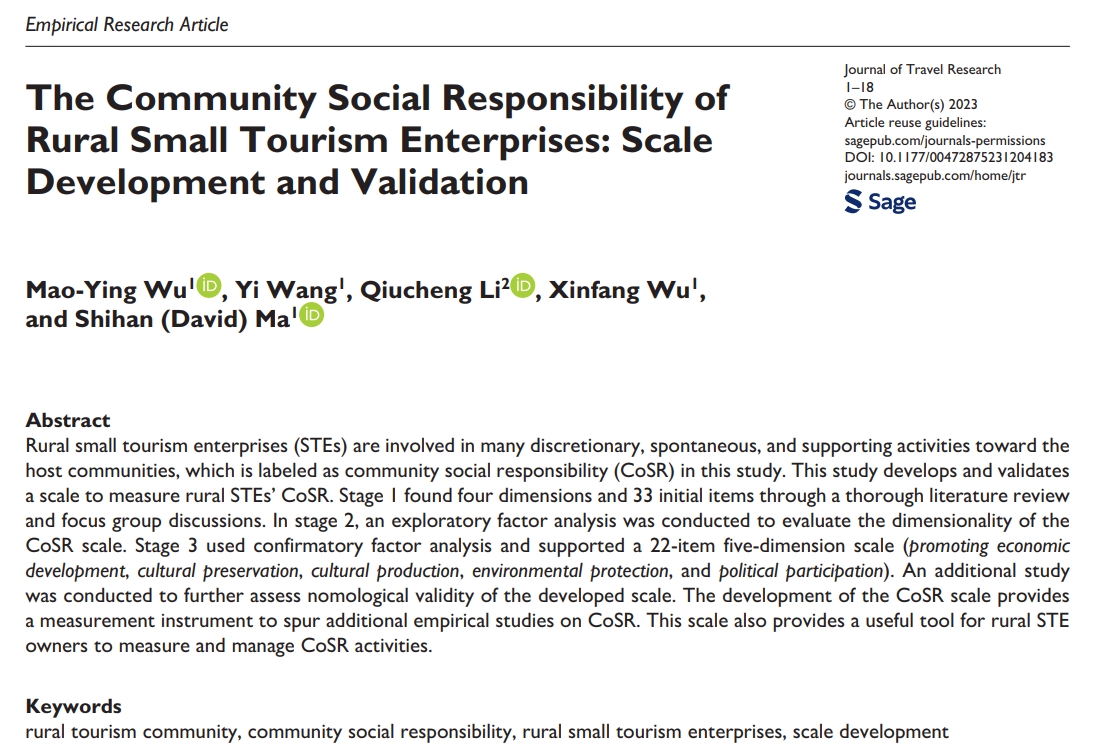
|
WU Maoying | 吴茂英 School of Management, Zhejiang University |
||
|
|
||
|
|
|
Academic Background: Prof. WU Maoying is an Associate Professor at the School of Management, Zhejiang University. Her research focuses on the intricate dynamics of tourist behavior, highlighting the crucial relationships between tourism communities and the overall goal of sustainable tourism development. Prof. WUs expertise also extends to the field of social science research methods, where she applies rigorous methods to analyze and understand the complex interactions in the tourism environment. You can learn more about Prof. WU Maoying’s academic background here |
|
MA Shihan | 马世罕 School of Management, Zhejiang University |
||
|
|
||
|
|
|
Academic Background: Dr. MA (David) Shihan is an assistant professor at the Department of Tourism Management at Zhejiang University in China. His research focuses on big data analysis in tourism, studying tourists perception, behavior and mobility patterns and destination marketing opportunities through big data mining and technology applications. He is currently working on projects about 1) smart tourism and digitized travel experiences; 2) data validation between social media and conventional tourism data; 3) tourist experiences and feedback in social media. He is also interested in digital marketing of destinations, tourism planning and development, climate change and tourism. You can learn more about Dr. MA Shihan’s academic background here |
|
They surveyed more than 700 B&B hosts and determined the importance of the social responsibility of B&Bs in the countryside |
In the past three years, under the recommendation and coordination of Zhejiang Provincial Tourism and Homestay Industry Federation, Professor WU Maoying’s team has visited many villages in Hangzhou, Lishui and other areas, and cooperated with government culture and tourism departments, agriculture and rural departments, village committees, B&B hosts, villagers and so on. Various groups held more than ten thematic discussions and conducted a questionnaire survey of more than 700 B&B hosts. Finally, based on the survey data, the meaning and performance of the social responsibility of rural B&Bs were summarized and refined. It was found that rural B&Bs in Zhejiang are closely related to the local environment, and their own business development is closely related to the rural economy, society, culture and environment. We actively assume social responsibility for the community and promote rural revitalization and common prosperity in daily business operations and relationships with each other.
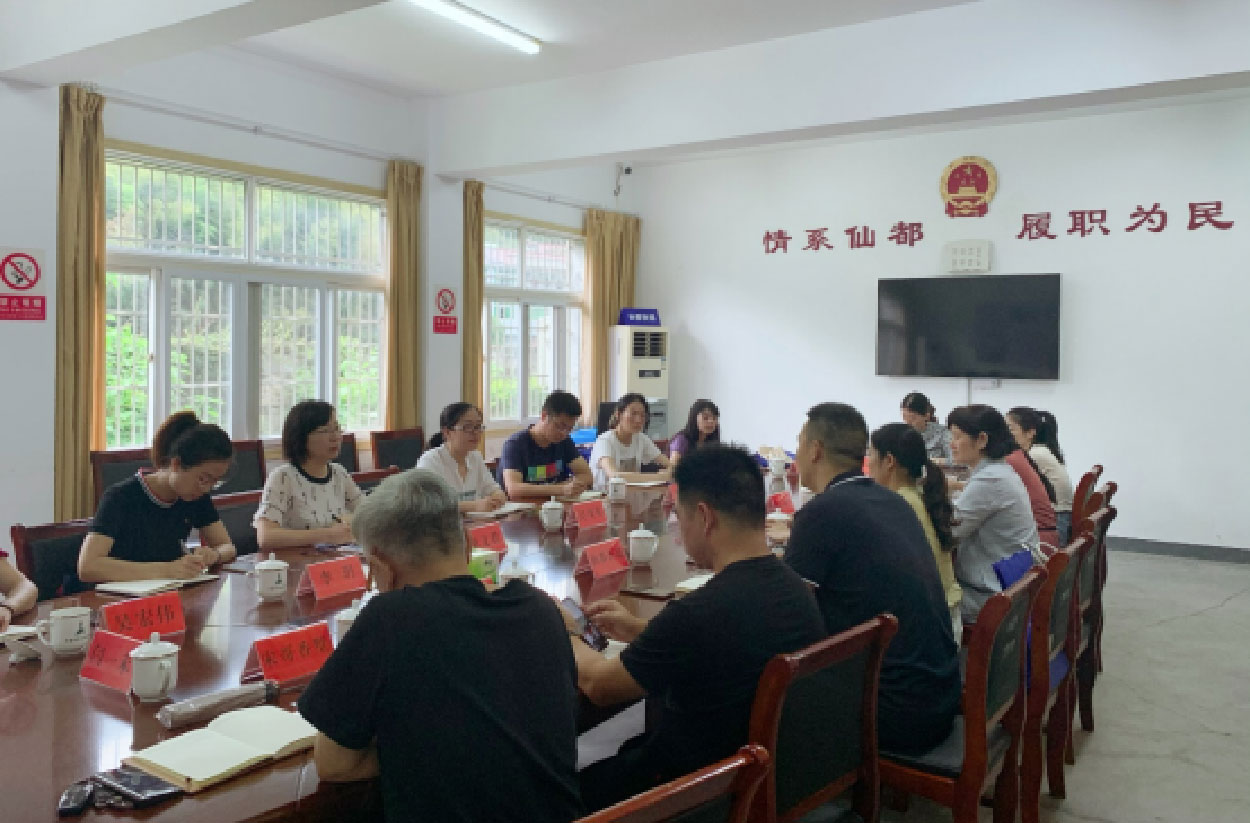
Picture from Prof. WU Maoying’s personal archive
01 | Innovation of High-tech Enterprises in the New Era and Management of Intellectual Property
However, research by WU Maoyings team found that under the pressure of the epidemic, B&B owners actively linked urban and rural resources and entered into extensive cooperation with local farmers by buying or selling the villagers agricultural products and by-products, which not only greatly increased the villagers income, but also opened up new opportunities for urban customers. In terms of consumption scenarios, B&B also diversified its activities. While surviving the test of life and death, it has promoted the vigorous development of emerging industries such as rural e-commerce and the economy of rural communities.
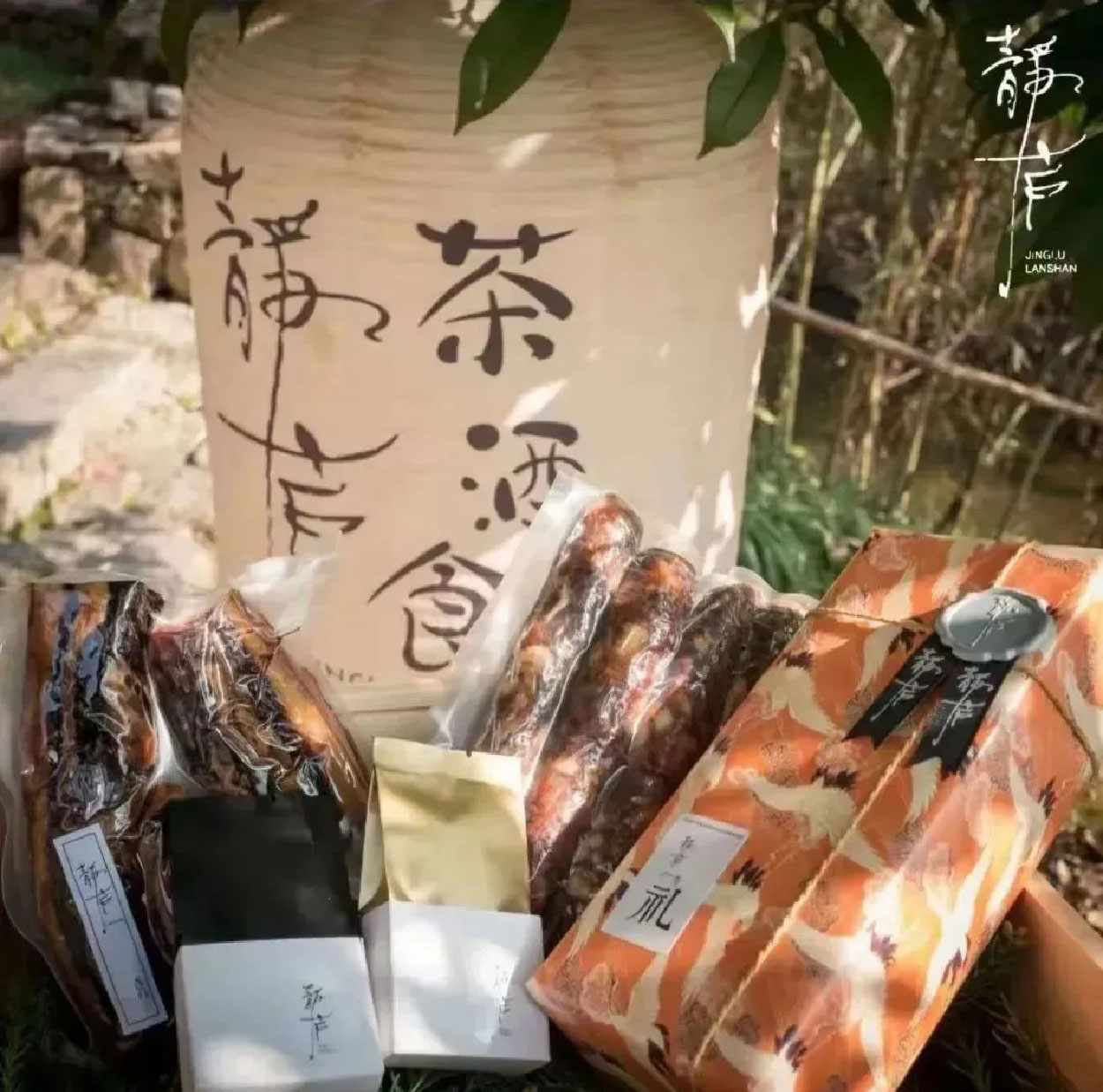
Hangzhou Tonglu Jinglu Lanzha B&B launches "Winter Gift Box" souvenirs
For example, a B&B in Tonglu helped villagers sell spring bamboo shoots, tea, farm chickens, handmade hot sauce, and other agricultural products and by-products during the epidemic, and created branded souvenirs, generating more than 200,000 yuan in product sales for the villagers. B&B’s approach not only reduced its losses during the epidemic, but also filled the villagers’ “pockets” and promoted the communitys economic development to achieve sustainable development.
The prerequisite for the realization of "shared prosperity" is to continue to create wealth and value. WU Maoying’s team found that rural B&Bs in Zhejiang have been actively seeking opportunities for high-quality rural industry development for many years. They rely on rural resources to fulfill their responsibilities for economic development through local procurement, local employment and promotion of local tourism. By making their own profits, they also promote the diversification and innovative development of rural business formats.
However, research by WU Maoyings team found that under the pressure of the epidemic, B&B owners actively linked urban and rural resources and entered into extensive cooperation with local farmers by buying or selling the villagers agricultural products and by-products, which not only greatly increased the villagers income, but also opened up new opportunities for urban customers. In terms of consumption scenarios, B&B also diversified its activities. While surviving the test of life and death, it has promoted the vigorous development of emerging industries such as rural e-commerce and the economy of rural communities.
02 | Suppliers’ “Learn by Doing” may Harm Buyers’ Interests
With the profound development and impact of urbanization, more and more villages are facing the dilemma of "hollowing out", and the local culture is gradually disappearing. How can we solve this problem in the context of Chinas cultural heritage?
WU Maoying’s team learned that rural B&Bs play an important role in reversing the trend of population exodus and revitalizing rural culture. Under the call of governments at all levels in Zhejiang Province and the Provincial Tourism and Homestay Industry Federation, many hosts with sentiments, culture, and resources have settled in the countryside. Adhering to the respect for local culture and reverence for local customs, they contribute to restoring and revitalizing old buildings and old residences in the countryside, achieving unity of protection and utilization, and rejuvenating old villages.
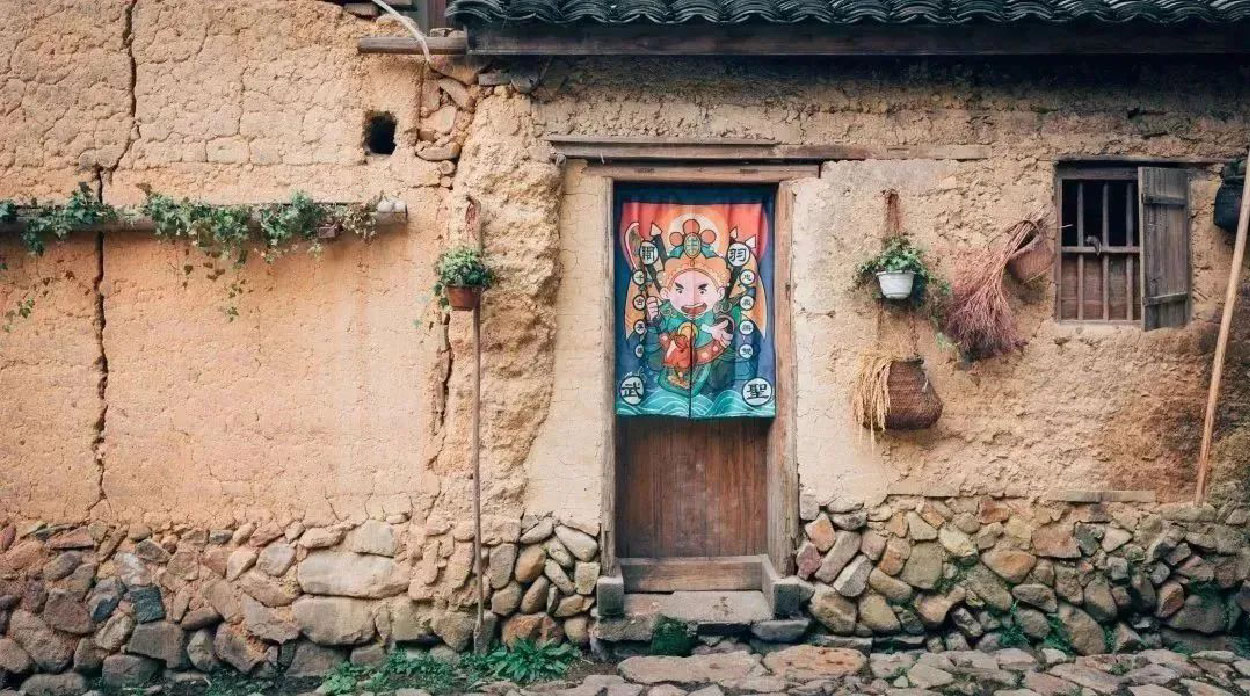
Lishui Songyang Mingkeli Shicang Culture B&B
For example, in Songyang County, a flagship county for the protection and development of traditional villages in China, many B&B owners have actively responded to the call to “save old houses” and renovated them with local, original, and environmentally friendly building materials, preserving the appearance, style and other features of the historic buildings. Old houses combine tradition and modernity and represent a rural development pattern in rural areas, where people and houses and farms, people and natural landscapes, and people and cultural customs coexist harmoniously through the new appearance of old houses. Although they encountered many difficulties in finding materials, funds, and designers during this process, they adhered to the original intention of protecting and inheriting the culture, keeping it alive and endless in the transformation of the old houses.
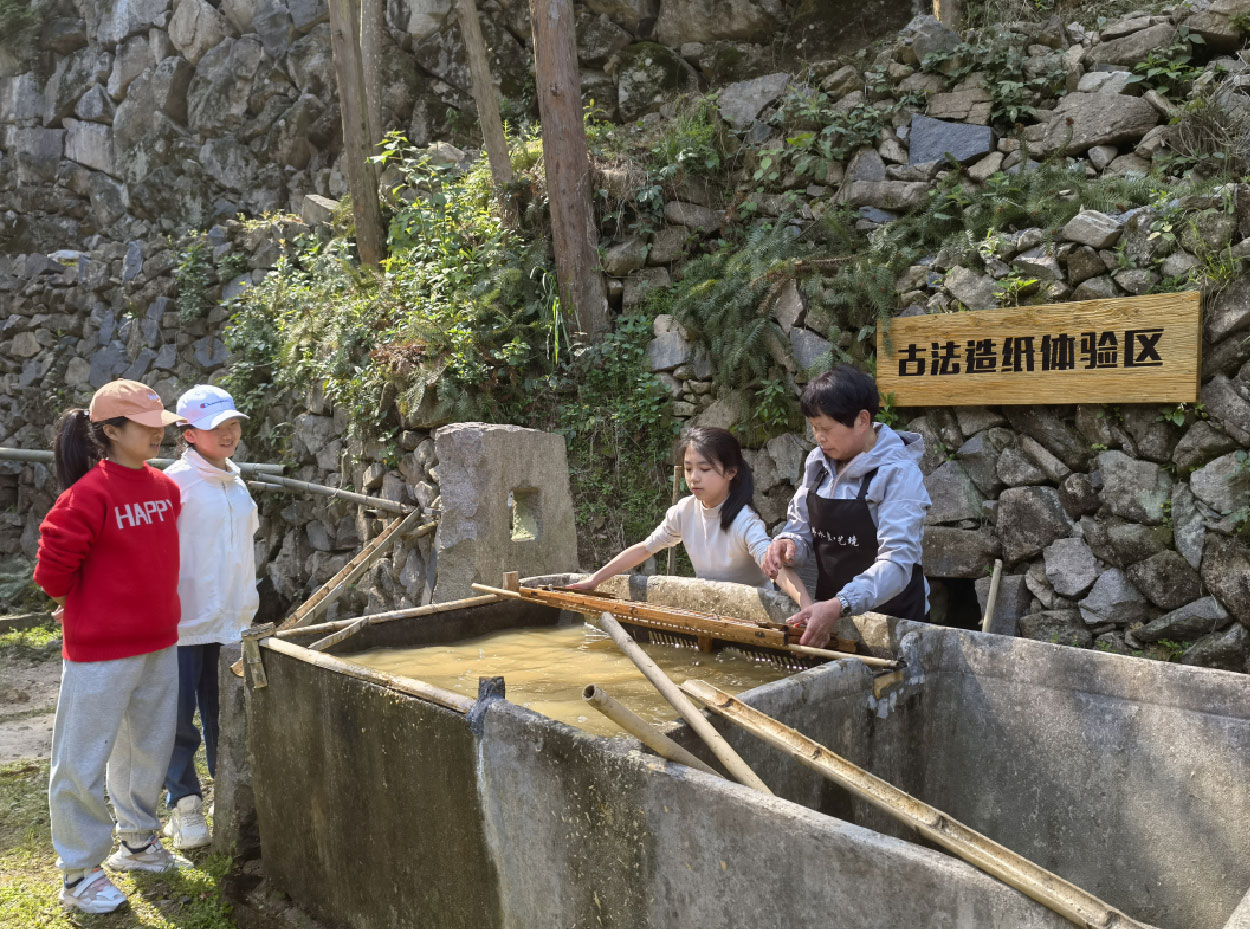
Wenzhou Ouhai Shuiliang Art Garden launches the "Paper Mountain Culture" experience project
Of course, for local culture to be truly “alive", it must also create value. WU Maoyings team found in their research that Zhejiang Province attaches great importance to the excavation, inheritance, and transformation of local cultural resources. With the innovative "B&B with cultural theme (intangible cultural heritage)" category, B&B hosts are encouraged to bring local culture to life through innovative measures.
The research team has found that there are two main ways to realize the transformation of production and innovative development of rural culture: on the one hand, creating cultural spaces based on old house resources, organizing local cultural exhibitions, inviting artists to live in the village, etc., to breathe new soul into the old houses and promote the integration and clash of traditional local culture and modern artistic expressions. On the other hand, based on local resources and characteristic culture, we develop cultural products and experience activities, enrich the product range of local culture, and expand income-generating channels in rural areas by providing customers with rich and diverse cultural experience activities such as bamboo weaving, tie-dyeing, and paper-cutting. thus B&B meets the need for product improvement and consumers’ need for a better life.
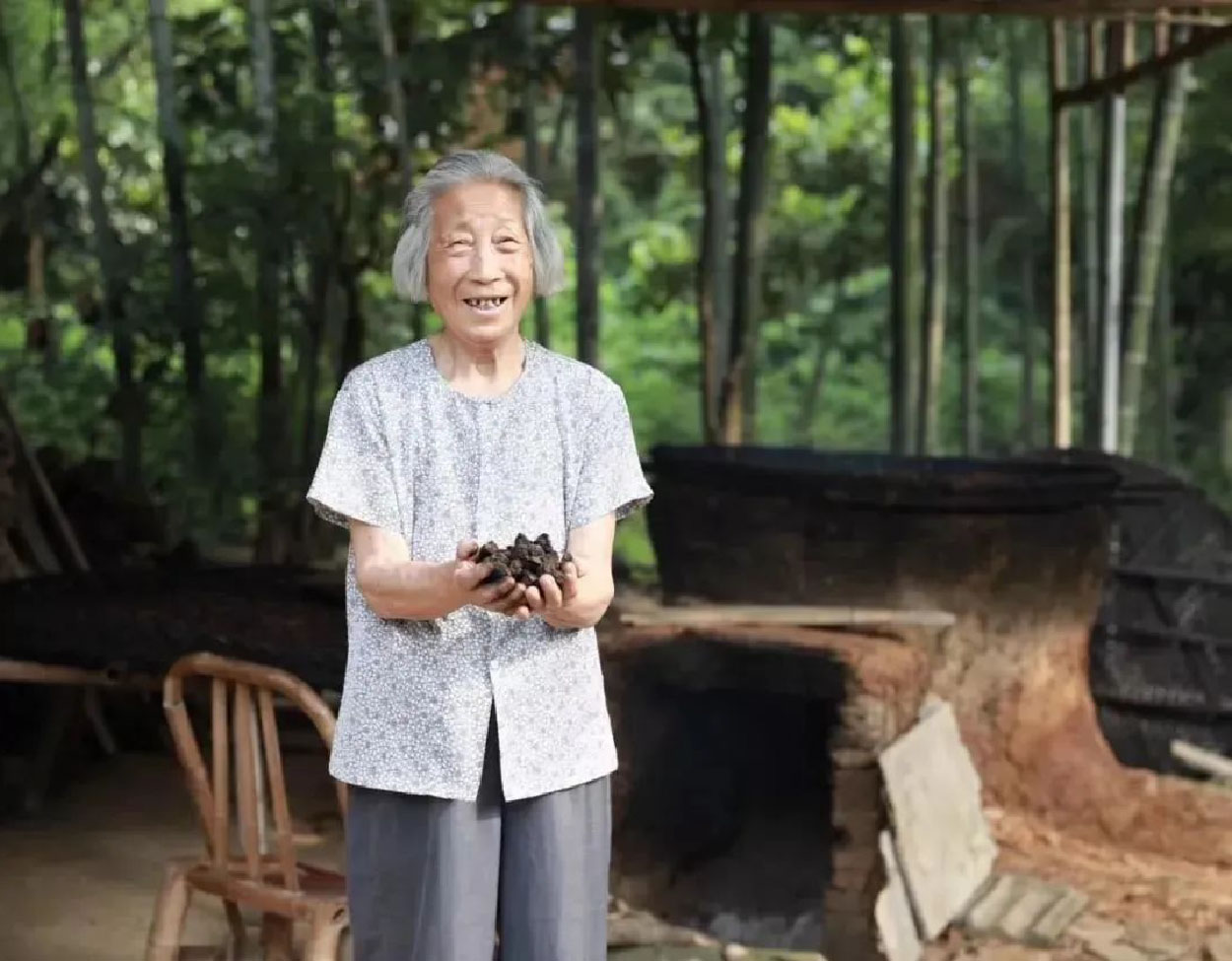
The B&B of Yunqishe in Huzhou Changxing innovates dishes based on "traditional smoked black plum"
In short, B&Bs in rural areas of Zhejiang carry forward the excellent local culture through cultural protection, cultural education, and cultural performance; they promote cultural reproduction and re-creation by organizing cultural activities and developing cultural products. These innovative explorations serve the protection, inheritance, and utilization of rural culture. They not only promote cultural realization and rural development but also spread rural civilization and strengthen cultural confidence.
03 | The Role of B&Bs in Enhancing Community Services and Cultural Heritage
WU Maoyings team found that rural B&Bs not only increase the income of the villagers and make local culture lively, but also play an important role in improving the development environment of rural areas and the quality of rural public services. As the economic, cultural, and social elite of rural communities, B&B hosts have a relatively broad vision and rich social resources and have close relations with villagers. They can give suggestions and suggestions for the development of rural communities based on local conditions, and strive for and integrate resources. Improve the supply of public services in rural areas.
For example, many B&B owners combine their B&Bs with the construction of rural libraries and rural cultural spaces, which are available to villagers and tourists free of charge, thus promoting the heritage of rural civilization and spiritual enrichment. At the same time, they actively initiated various folk customs and festivities, promoted the establishment of social organizations such as the Youth Association for Rural Virtues and the Rural Cooking Team, and made suggestions for village development.
The countryside is an important place for villagers to live and work. Rural management and public service opportunities have a great influence on villagers sense of gain, happiness, and security, and are an important focus in the process of harmonious rural construction. Research by WU Maoyings team has found that rural B&Bs in Zhejiang have actively responded to policy demands and are working to make rural community management more efficient and improve public services in rural communities. They have injected new impetus into rural development and have become an important force in promoting the construction of livable, industrialized, and beautiful villages.

Wenzhou Yueqing Yanqiu Small Courtyard
04 | Green Initiatives and Sustainable Practices in Rural B&Bs for Environmental Preservation and Shared Prosperity
To achieve sustainable development, rural B&Bs cannot do without a pristine natural landscape and a beautiful humanistic environment. However, during operation, especially when guests come in droves during vacations, there are always B&Bs that ignore the protection of the local environment for economic benefits.
WU Maoying’s team found that rural B&Bs in Zhejiang have taken many innovative measures to reduce energy consumption, adopt green management and promote sustainable development. For example, they use systems such as “green currency" ” and “environmental protection red and black lists" ” to spread green business concepts; labeling, organizing waste separation and environmental protection activities, etc., to cultivate customers environmental awareness and integrate the connotation of sustainable development into "general prosperity".
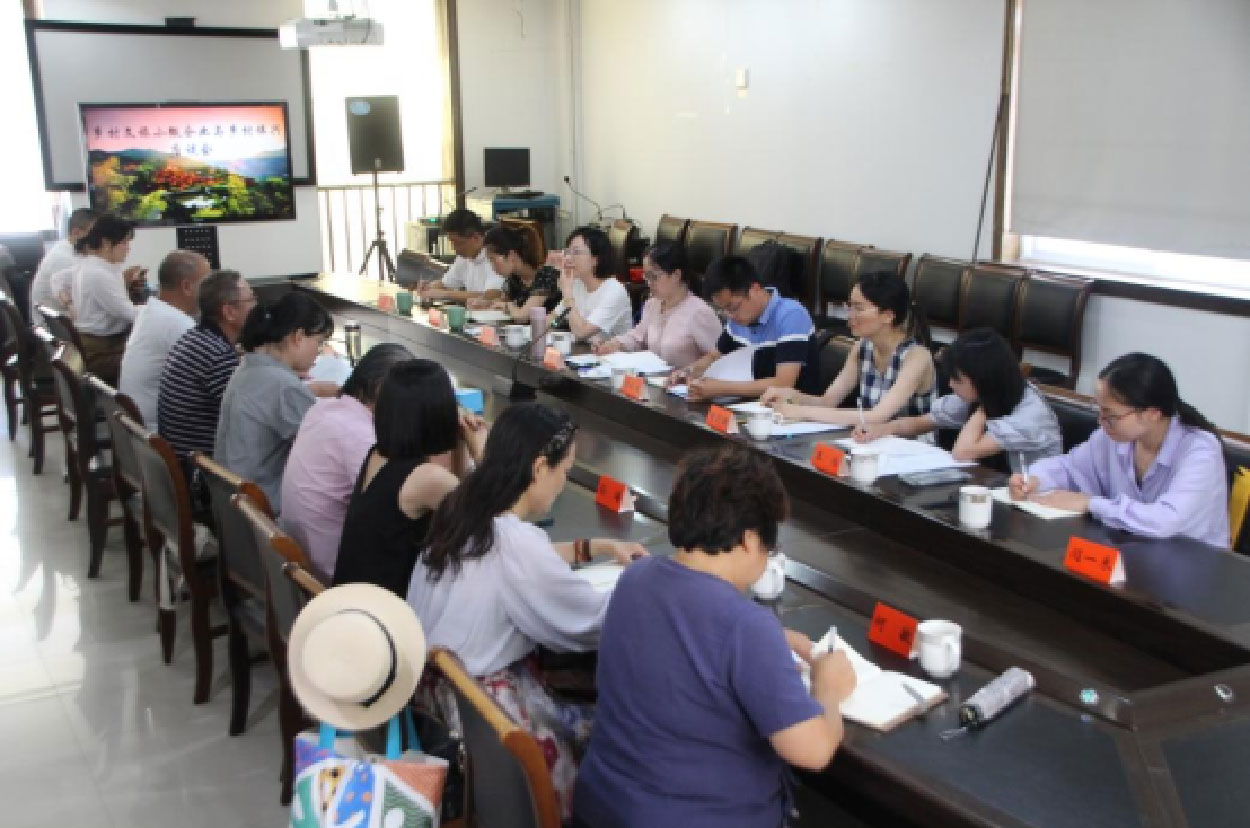
Picture from Prof. WU Maoying’s personal archive
A high-quality ecological environment is the most widespread social good that benefits peoples lives. The development of rural industries should respect nature, be in harmony with nature, protect nature and promote the harmonious coexistence between man and nature. Rural B&Bs in Zhejiang shoulder their environmental responsibilities by making green, energy-saving transformations, standardizing green operations and cultivating ecological and environmental protection concepts. These practices are the result of the concept of ecological enrichment that has taken root at the grassroots level in Zhejiang, contributing to green sustainable development, green shared prosperity and the achievement of "double carbon" " goals.
|
The Zhejiang Experience of Rural B&Bs and International Recognition |
Promoting rural revitalization and overall prosperity cannot be achieved by shouting slogans. We must promote the vigorous development of rural industry, support the protection and heritage of rural culture, improve community welfare, increase villagers satisfaction, and consider the sustainability of the ecological environment.
Over the years, rural B&Bs in Zhejiang have made many innovative explorations in this area. B&B owners have employed advanced business concepts and outstanding cultural creativity to improve rural business formats and promote high-quality development of rural industries; they have integrated their development into the broad pattern of rural construction. they have integrated their development into the overall pattern of rural construction. They have integrated personal feelings, ideals, and ambitions into their rural entrepreneurial activities, actively assumed social responsibilities for the community, and made important contributions to the realization of material and spiritual prosperity in rural areas.
|
- We thank WU Maoying and her team for summarizing these experiences of Zhejiang rural B&B in years of intensive research and making them available to the international public.
- You can read the original article in Chinese here